2
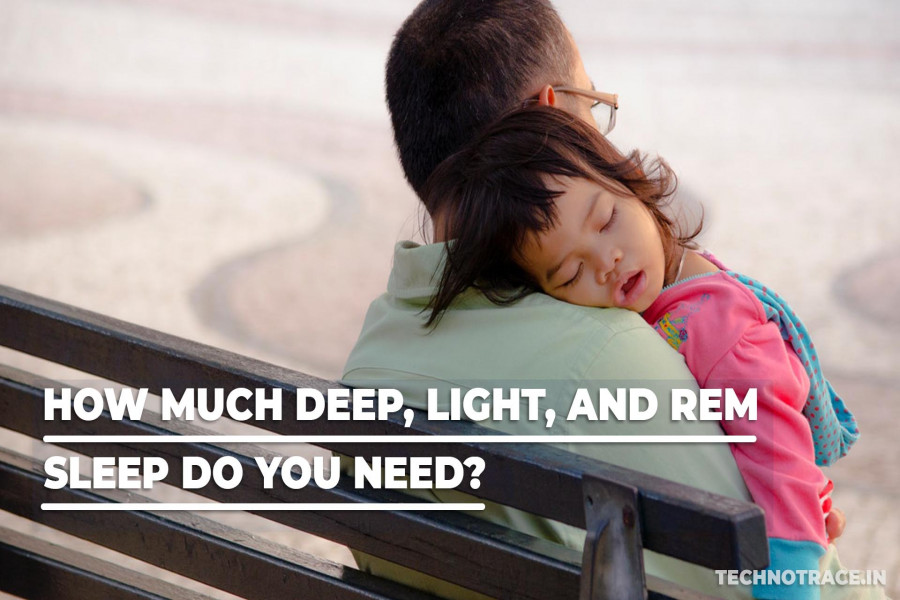
How Much Deep, Light, and REM Sleep Do You Need?
Sleep first plan later
By Techno Trace - October 10, 2021 - In Blog, MENTAL WELLNESS
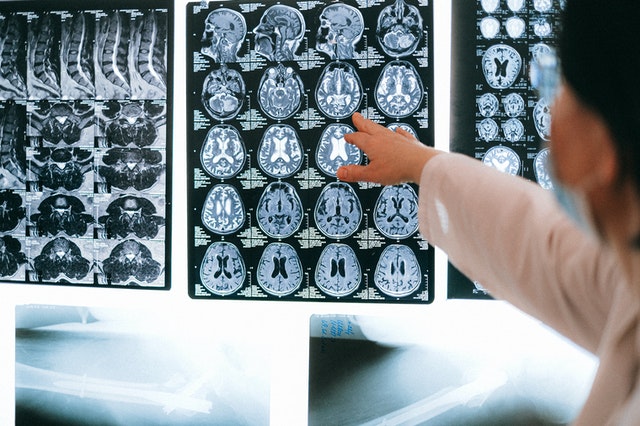
Five stages of sleep rotate between non-rapid eye movement (NREM) and rapid eye movement (REM) and include drowsiness, light sleep, moderate to deep sleep, deepest sleep, and dreaming.
The sleep is not just about 7 or s hours, it also depends on how much time you are giving for each type. Our body’s wellness depends on this factor as well which we often ignore.
First, you need to consider, our sleep divides into 3 stages. Those are following
Sleep Stages
Sleep is divided into two stages, non rapid eye movement (NREM) and rapid eye movement (REM). There are several differences between these.
NREM. A state of sleep characterized by slowing of the EEG rhythms, high muscle tone, absence of eye movements, thoughtlike mental activity. In NREM, the brain is inactive while the body is active. It is responsible for 75 % of normal sleep.
Stages of NREM
NREM is composed of 4 stages:
Stage 1: Stage 1, accounting for 5 percent of NREM, is characterized by the disappearance of alpha wave and appearance of theta wave.
Stage 2: Stage 2 is the longest of all sleep stages, and accounts for 45 percent of NREM. EEG findings are kappa complexes and sleep spindles.
Stage 3: constituting 12 percent of NREM, stage 3 is associated with the appearance of delta waves on EEG.
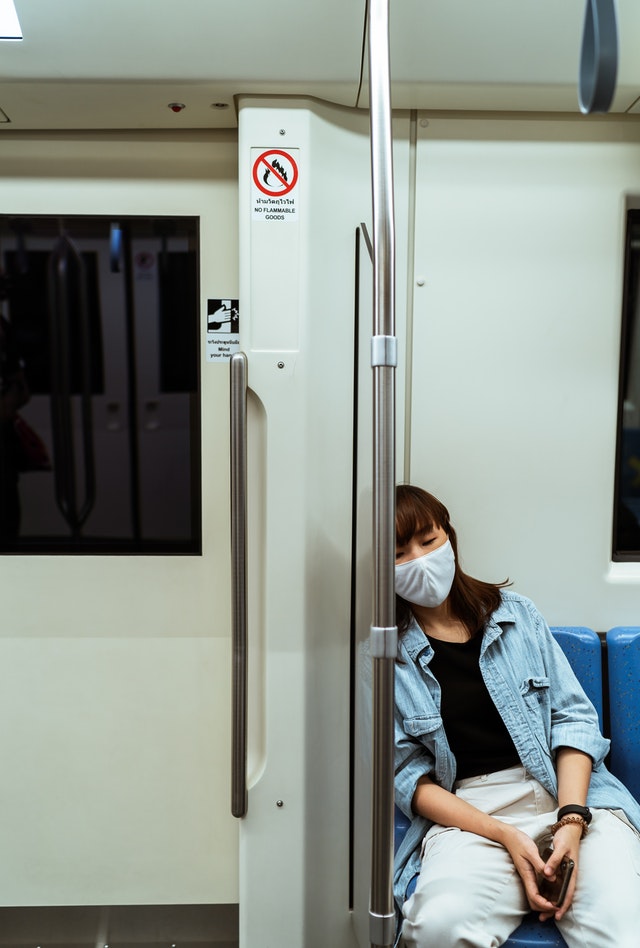
How much deep sleep should you get?
As we already discussed the divisions, we must know only 62 to 110 minutes you sleep very deeply. This can vary from age to age. The more you will become an adult, the less you will get deep sleep.
While you sleep deeply, various things happen in your body and mind.
- memories are consolidated
- learning and emotions process
- physical recovery occurs
- blood sugar levels and metabolism balance out
- the immune system is energized
- the brain detoxifies
If You lack deep sleep then these functions can run wrong.
You sleep deeply during a certain period. This balances various aspects of your mind and body.
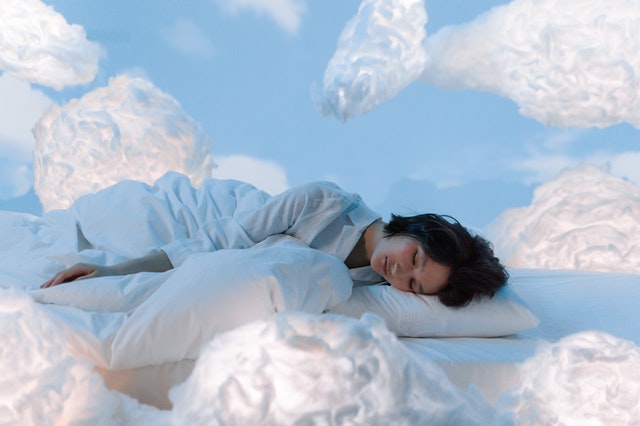
How much REM sleep should you get?
There is no particular range of REM sleep. This phase leads you to dream. Researches say dreaming is important for your conscious and subconscious mind. It helps you to think creatively and boost your memory power.
REM takes up about 20 to 25 percent of sleep, which is healthy. Few more studies also claim that higher amounts of REM sleep may be associated with depression. However, more researches need to be done.
REM sleep is beneficial for your brain health.
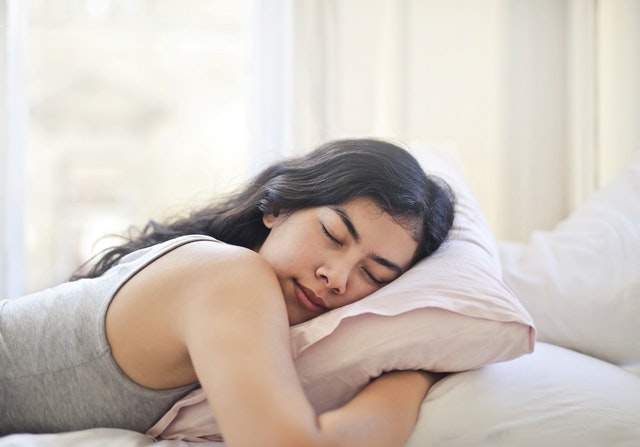
How much light sleep do you need?
Sleep is like nutrition: it has a required daily allowance (RDA). Like nutritional deficiency, sleep deficiency is not good for our health.
The RDA of sleep is genetically determined and is therefore inherent to the species and other factors like age and general state of health.
- 1. healthy middle-aged adult: 7 to 8 hours per day
- 2. healthy elderly adult: slightly less
- 3. healthy child and teen: more
- 4. person with the flu, an infection, or another illness: a lot of lot more
Light sleep may sound light but it has great significance.
However, over-light sleeping can lead to obesity, depression, pain, heart disease, and even an increased risk of death.
Light sleep is the most coveted portion of our sleep time. Taking a good amount of light sleep is good for health

How much deep and light sleep do children need?
Children and babies are considered sleepyheads. They need more sleep than any of us. They spend about 16 of every 24 hours asleep. Nearly 50 percent of their slumber is spent in the REM stage, while the other 50 percent is divided between stages 1 through 4 and NREM sleep that cycles between light and deep.
Here is the chart that can help you to understand
- toddlers: 11 to 14 hours
- preschoolers: 10 to 13 hours
- school-aged children: 9 to 12 hours
- teens: 8 to 10 hours
If they are not getting enough sleep or are unable to sleep then they may have some serious health issues.
For babies, sleep is very important. They spend more than half of the sleeping. It plays a vital role to build their mind and body.
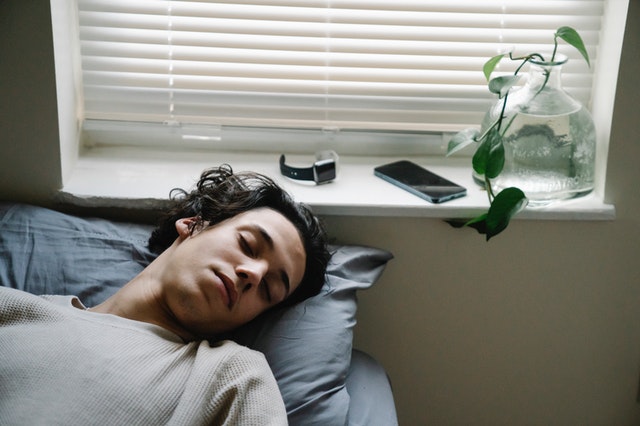
How to increase deep sleep
Sleep is the best meditation ~ Dalai Lama
Here are few techniques that can help you to sleep better
- Blue-light: Turn off all your devices one hour before bed. If you have to use something make sure to use a blue light filtering app.
- Stories: They help us wind down. Read novels or whatever you like. Make it part of your bedtime routine.
- Plan your day: Plan what you are going to do tomorrow this will prevent you from not worrying about the day ahead.
- Diet: Don’t eat anything at least 2 hours before bed. Make sure you don’t have a heavy dinner. It will mess with your sleep cycle.
Sleeping is medicine, it relaxes your body and motives you to become energetic.

Why you may be waking up tired
According to the American Sleep Apnea Association, you should feel enthusiastic after 8 hours of sleep, however, some people don’t feel that. Even after taking 8 hours of sleep, they feel tired.
It is happening because of
- general sleep disorder
- obstructive sleep apnea
- not getting enough sleep
- getting too much sleep
other health conditions that cause fatigue
- Impact of sleep deprivation on the body
- Side effects of sleep deprivation
- trouble concentrating
- poor response time and increased risk of accidents
- high blood pressure
- weight gain
- risk for diabetes
- low sex drive
- risk of heart disease
- poor balance
- early aging
Conclusion
Now that, you know all the information and importance of sleep, don’t forget to ask your doctor more about it. If you’re waking up tired regularly, it’s a good idea to talk to a healthcare provider.
Anyway, thank you so much for reading. I appreciate your time and effort. If you’ve any questions about this post then don’t deny your heart with hesitation. I’m always open to any suggestions. Leave a clap if liked it. Every CLAP is your appreciation for my words.
Share if you consider this important to someone.
Have a great day, Cheers!
2



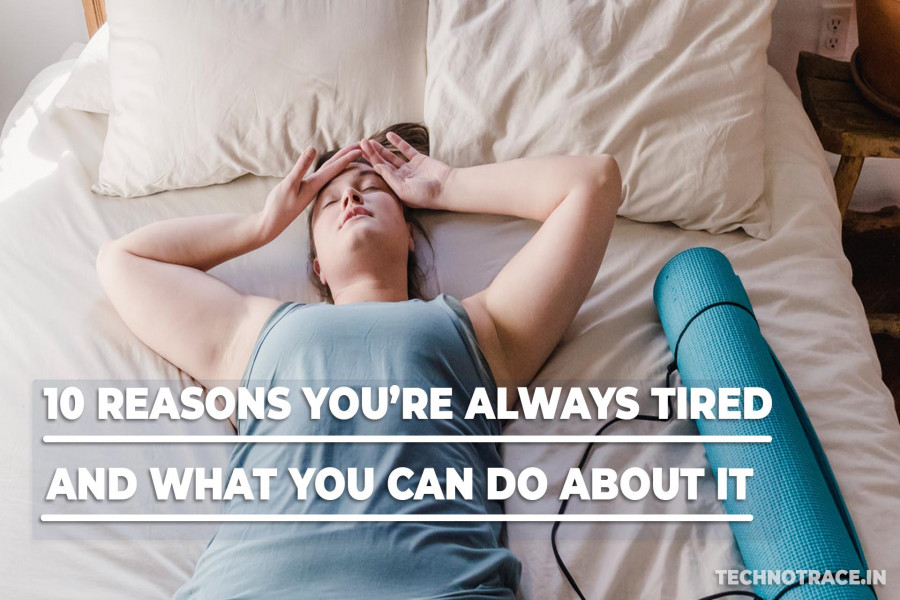




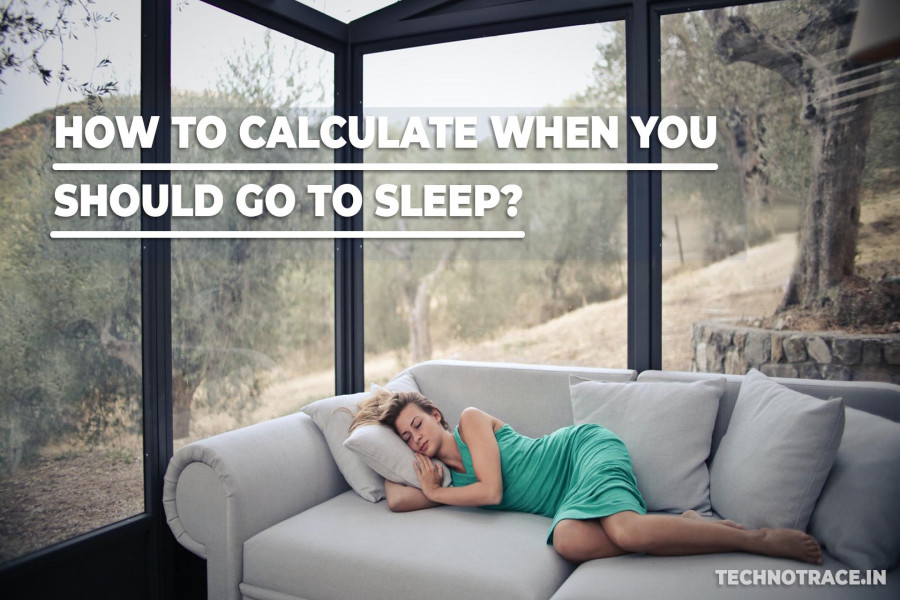



Comments